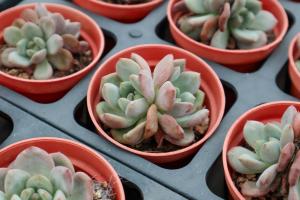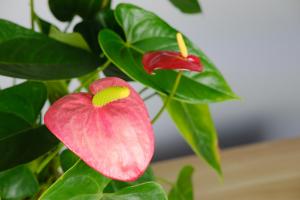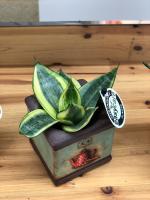How to Arrange Plant Pots in Garden
If you are planning to beautify your garden with plant pots, arranging them properly is essential. A garden with organized plant pots not only looks aesthetically pleasing but also makes it easier for you to care for your plants. Here are some tips on how to arrange plant pots in a garden.
Consider the Space
The first thing you need to consider is the amount of space available for your plant pots. If your garden is small, consider placing the pots in a vertical arrangement. You can use hanging planters, wall-mounted pots, or tiered planters, for example. If you have a larger garden, you can create groups of plant pots to create a focal point or divide the garden into smaller sections.
Choose a Theme
Choosing a theme can be helpful in deciding which plants to include in your garden and how to arrange them. For example, if you want to create a Mediterranean-inspired garden, you can plant herbs like lavender, rosemary, and thyme in terracotta pots and arrange them in clusters. Alternatively, if you want to create a tropical garden, you can use brightly-colored pots and plant tropical plants like hibiscus, bougainvillea, and palms.
Use Different Heights
Using different heights can add depth and interest to your garden. For example, you can use tall plant pots to create a backdrop and shorter pots in front of them. Alternatively, you can use plant stands or raised planters to elevate some of your plant pots. Make sure to arrange your plant pots in a way that allows all the plants to receive adequate sunlight and avoid overcrowding.
Add Some Accessories
Adding some accessories can also enhance the look of your garden. You can use trellises, stakes, or garden statues to complement your plant pots. Additionally, you can use colorful pebbles, rocks, or mulch to fill in the empty spaces around the pots.
Conclusion
For a well-arranged garden, the key is to consider the available space, choose a theme, use different heights, and add some accessories. Remember to care for your plants by watering them regularly, using appropriate soil and fertilizers, and pruning as necessary. With these tips, you can create a beautiful and vibrant garden that you can enjoy for years to come.

 how many times do yo...
how many times do yo... how many planted tre...
how many planted tre... how many pine trees ...
how many pine trees ... how many pecan trees...
how many pecan trees... how many plants comp...
how many plants comp... how many plants can ...
how many plants can ... how many plants and ...
how many plants and ... how many pepper plan...
how many pepper plan...































